IRENEX: Iran has no role in setting international gas prices
Iran has more than 33 trillion cubic meters of proven gas reserves, accounting for 16.6% of the world’s total. This makes it the world’s second biggest after Russia.
For this precise reason it would make economic sense to launch a competitive market for gas trade via the Iran Energy Exchange (IRENEX) and draw on the potential of this market to fund major natural gas projects and gradually transform the country into a gas export hub, the CEO of IRENEX said.
“Despite Iran’s significant reserves, we have no role in setting international gas prices. Moreover, the government has always dictated the price of gas which over the years has undermined the gas sector and its revenues.
It is for these reasons that natural gas must enter the energy exchange market. We want to set up the biggest gas market in the region,” Ali Naqavi was quoted by SENA as saying.
“IRENEX has the valuable experience of electricity trade via the energy bourse which can be drawn on to set the price and fund natural gas once the commodity enters the exchange,” Naqavi said.
Iran’s gas industry crisis
He went on to say that “The share of gas, as a cheap and clean energy source, in the country’s fossil energy use is increasing. Households and commercial sectors are the major consumers of gas in Iran. But power plants, industries and petrochemical plants have also emerged as big consumers. At present, natural gas accounts for almost 75% of our fossil fuel consumption and this level is expected to grow in the near future.”
Voicing the views of economists and free market advocates, the official said that the problem with Iran’s gas sector is that it is the monopoly of the government when it comes to exploration, production, distribution, transportation and export.
The gas industry is facing a crisis, he said, adding that the cash-strapped government is unable to modernize energy infrastructure.
The gas industry needs an overhaul
“As such, there cannot be a bright future for this key sector if things are not shaken up.”
In unambiguous terms, he said, “I propose private enterprise be allowed to play an active role. Privatizing the gas industry, including refineries as producers, and provincial gas companies as distributors plus gas retail outlets can help boost this key industry.
Furthermore, deregulation is what we seek. If and when all this is lumped together in a robust, transparent and competitive exchange market Iran’s gas sector can expect to grow and move forward.”
In a gas exchange market, he said, “provincial gas companies and refineries can offer products on the bourse and major consumers such as petrochemicals, power plants, steel and cement factories… can buy based on their needs.
At IRENEX, gas can be traded via short and long-term contracts and in the form of spot and physical markets. Hedging would be possible to offset the risk of adverse price fluctuations. Via a spot market, the discovered price can be extended to export tariffs using specific formulae.”
International gas markets
Naqavi maintained that a hub for gas trade has to be decided from where Iran’s gas is traded with the least transit cost. Moreover, transit rates can be set as per international market mechanisms and not at the wish and whim of the government.
International gas markets, namely in North America, Asia-Pacific and Europe have a long history and continue to evolve, Naqavi noted. These markets, he added, interact and offer a variety of financial instruments to shareholders and customers to protect them from steep price fluctuations.
“We can and must do likewise to fix our own gas market and have a say on the global level for international gas prices.”
Published: Dec 11, 2022
If you want to order petroleum, petrochemical and chemical products from Iran, please do not hesitate to send Iran Petroleum an email.

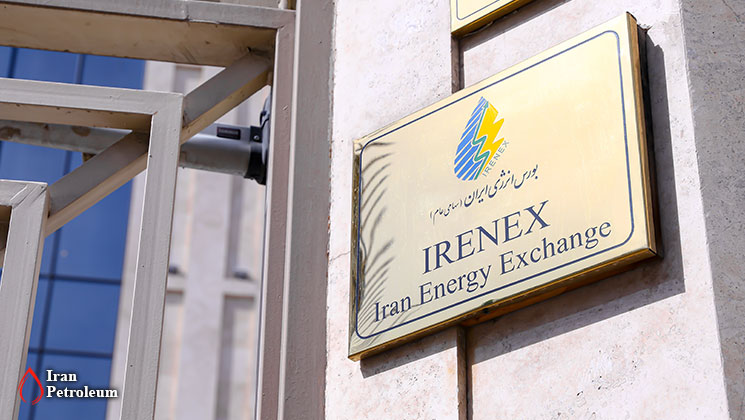
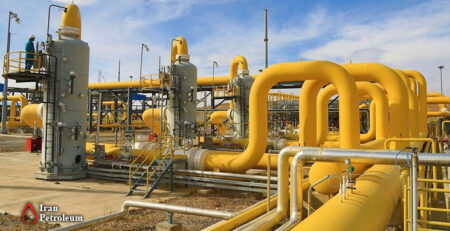
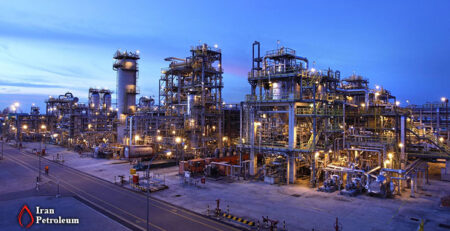
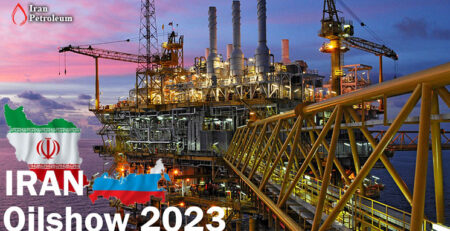
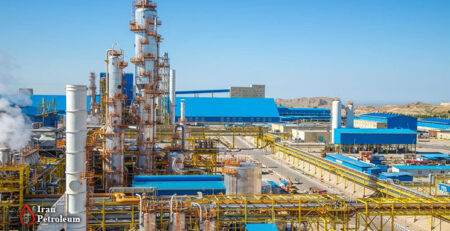
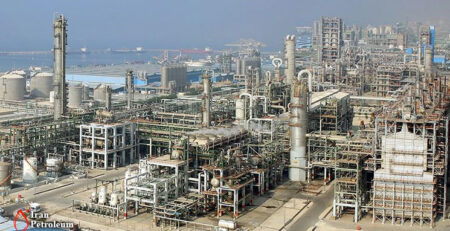
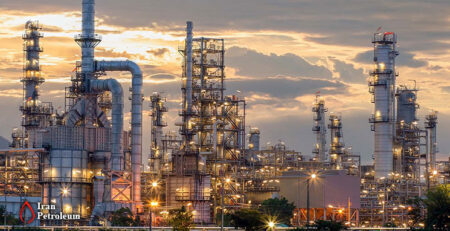
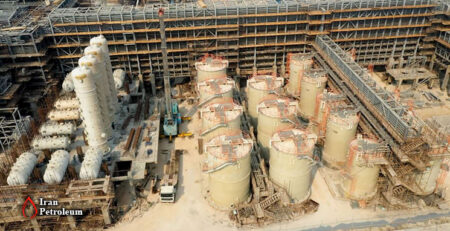
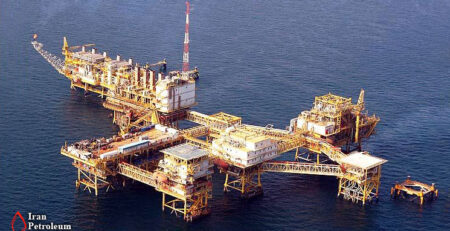
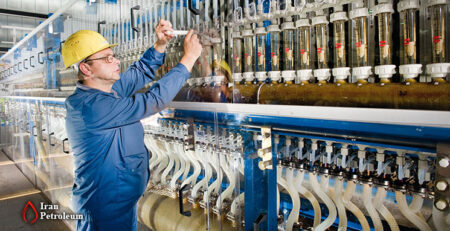
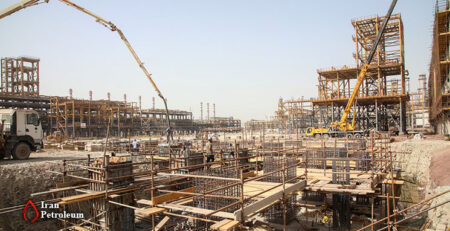
Leave a Reply